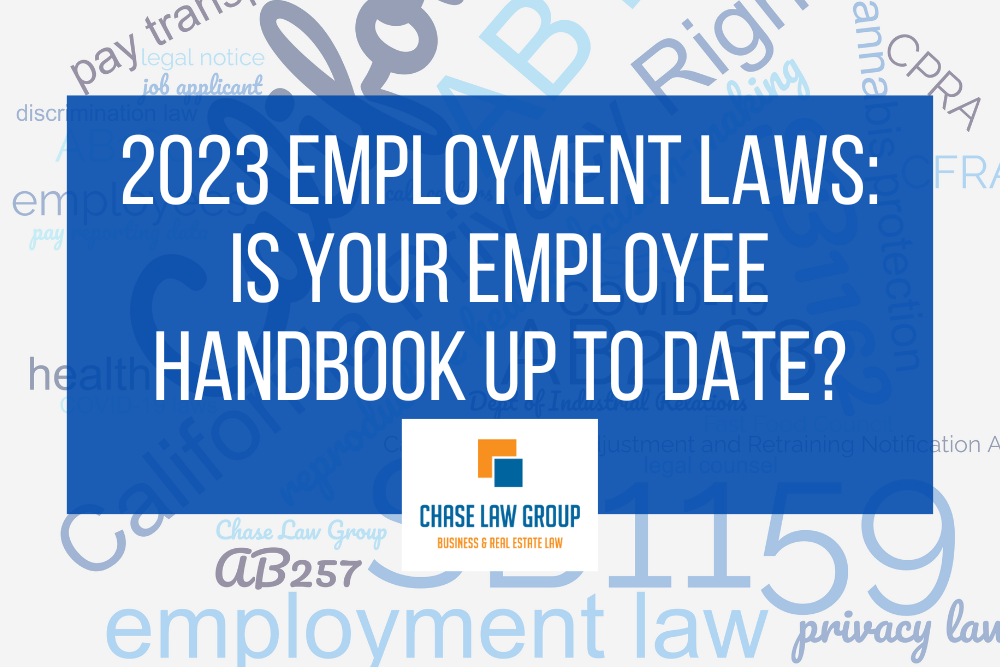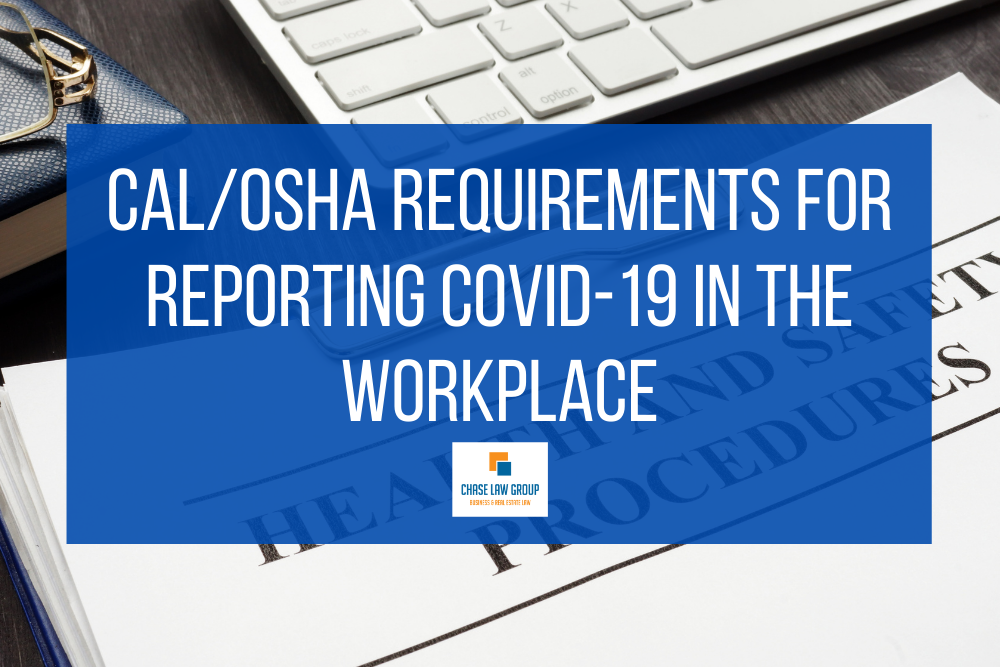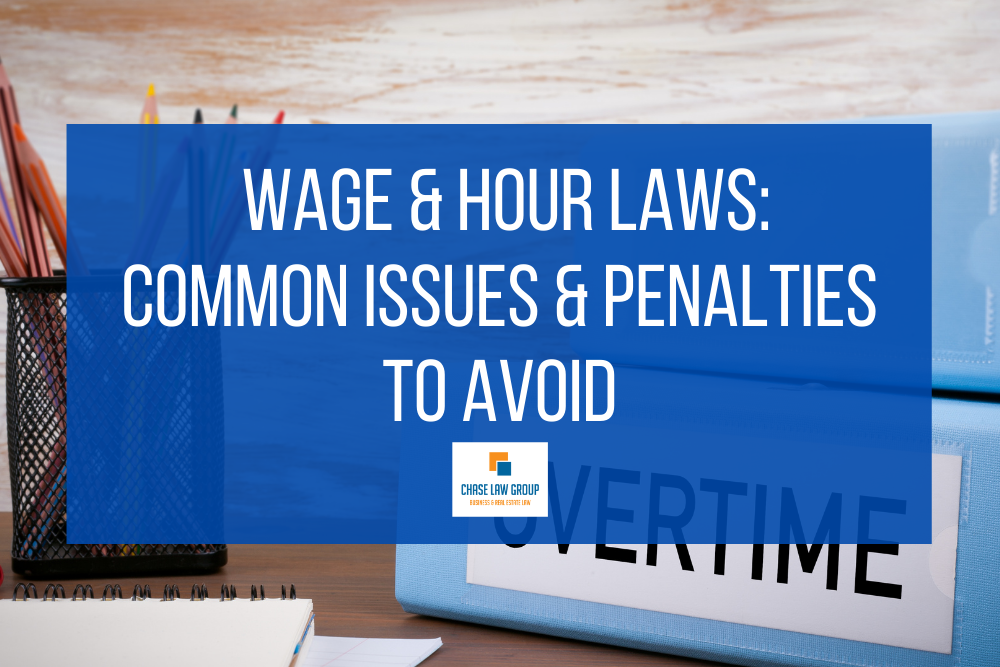New Employment Laws Coming in 2023: Time to Update Your Employee Handbooks
By Admin November 10, 2022 Category: Business Law

It's that time of year when we update you on upcoming changes to the employment law landscape and for you to take the opportunity to update your employee handbooks and policies. Below we set forth the newly passed legislation that that takes effect January 1, 2023 that impacts employers. Expansion of CFRA Leave for Designated Person AB 1041 expands who an employee can take leave to care for under both the California Family Rights Act (CFRA) and California’s paid sick leave law. Beginning January 1, 2023, employees can take CFRA leave or paid sick leave to care for a “designated... READ MORE
New Federal Law Bars Arbitration of Sexual Assault and Sexual Harassment Claims
By Admin March 24, 2022 Category: Business Law

In March 2022, President Biden signed into new law the Ending Forced Arbitration of Sexual Assault and Sexual Harassment Act (EFASASHA), barring the enforcement of most mandatory arbitration provisions in cases alleging sexual assault or sexual harassment. The EFASASHA will apply to all pre-dispute arbitration clauses, including those in contracts executed before the law’s enactment. The law will also invalidate pre-dispute agreements that waive an employee’s right to participate in a joint, class or collective action in court, arbitration or any other forum that relates to a sexual assault or sexual harassment dispute. Moreover, if a dispute arises about whether... READ MORE
Cal/OSHA requirements for reporting COVID-19 in the workplace
By Admin July 29, 2021 Category: Business Law

Cal/OSHA has enacted a standard detailing notification and reporting requirements for when there is a COVID-19 case in the workplace. Per the standard, a COVID-19 case is defined as someone who: Has a positive COVID-19 test;Has a positive COVID-19 diagnosis from a licensed healthcare provider;Is subject to a COVID-19-related order to isolate issued by a local or state health official; orHas died due to COVID-19, in the determination of a local health department or per inclusion in the COVID-19 statistics of the country. Under Cal/OSHA’s standard, when the employer knows or should have known there is a COVID-19 case in... READ MORE
The Risks of Failing to Comply with California’s Wage and Hour Laws: Lawsuits and Penalties Require Vigilant Compliance by Employers
By Admin July 29, 2021 Category: Business Law

Employers face substantial risks due to misclassification of their workers and not abiding by the myriad of California wage and hour laws. These landmines for unaware employers, have enormous, business-breaking ramifications due to the substantial penalties that could quickly compound and potentially be a million-dollar liability for an organization. By understanding the applicable requirements and their penalties, employers will better understand their exposure and ensure they take necessary proactive steps to avoid them. What are the most common issues that arise when facing a wage-related claim? Overtime: Unpaid overtime for all work performed in excess of 8 hours in a... READ MORE

Small business owners must be constantly vigilant to ensure that their business is in compliance with state and federal regulations. One common issue for small businesses is ensuring that their websites are ADA-compliant. The Americans with Disabilities Act (ADA) was enacted in 1990 to prohibit discrimination against accommodations for people with physical or mental disabilities. The ADA also extends to the digital realm, requiring businesses to ensure web content is accessible to all users. In addition to the federal law (the ADA), California businesses also must have compliant websites under state law (the Unruh Act). When it comes to ADA... READ MORE
What the New 2020 California Laws Mean for Employers
By DeAnn Chase January 28, 2020 Category: Business Law

The New Year brings a number of new, significant employment laws for California businesses. These rules range in topic from worker classification to privacy. Employers need to consider these developments, understand how the laws affect operations, and adjust their policies and practices to ensure compliance. Worker Classification One of the biggest, most attention-grabbing changes coming to the workplace in 2020 is AB 5, the new law that clarifies the test used to determine whether a worker is an independent contractor or a normal W2 employee. AB 5 incorporates the “Dynamex ABC Test” into various parts of California’s labor statutes. From... READ MORE

